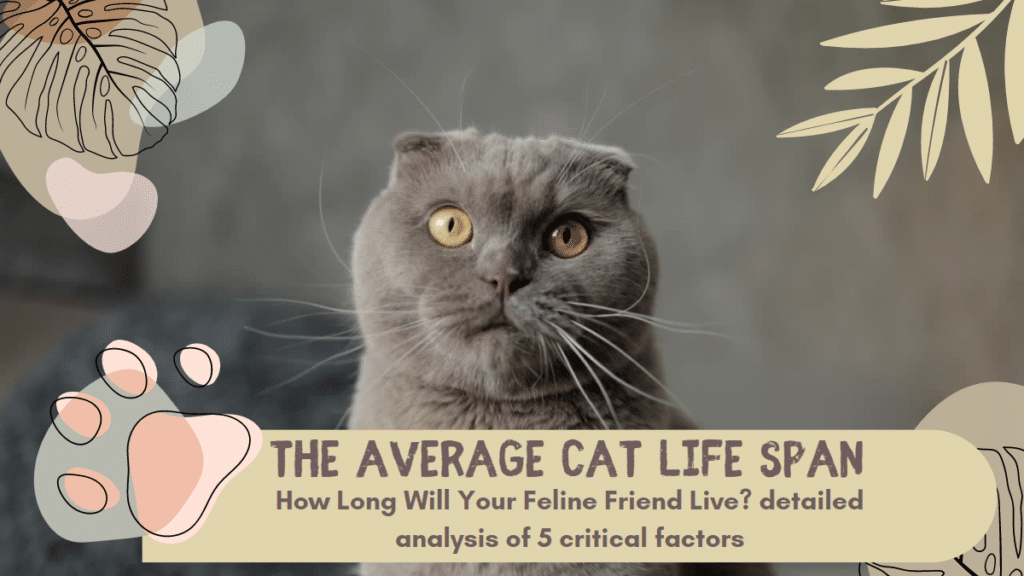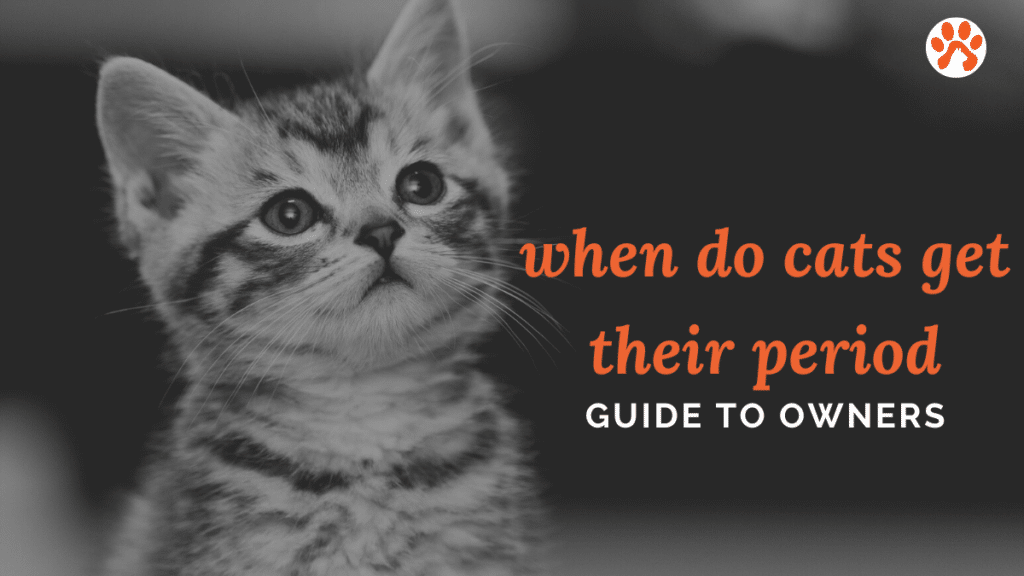are bengal cats hypoallergenic? Bengal cats are a popular breed of domestic cats known for their striking appearance and active personality. They are a hybrid breed developed by breeding an Asian leopard cat with a domestic cat. Bengal cats are often marketed as hypoallergenic, which means they produce fewer allergens than other cats, making them a good choice for people with allergies. But is this really true? In this article, we will answer the question. And unearth a myth of Bengal cats being hypoallergenic and explain the truth behind it.
What is a hypoallergenic cat?
A hypoallergenic cat is a cat that produces fewer allergens than other breeds. This is due to the fact that they have a different protein in their saliva that is not as likely to trigger allergic reactions.
Are Bengal cats hypoallergenic?
Bengal cats are not hypoallergenic. They do produce allergens, just like all other cats. However, they do produce fewer allergens than some other breeds. This is because they have a shorter coat and shed less than other breeds.
How do Bengal cats affect allergies?
Bengal cats can affect allergies in different ways. Some people with allergies may find that they are less sensitive to Bengal cats than other breeds. However, other people with allergies may find that they are still allergic to Bengal cats.
How to reduce allergic reactions to Bengal cats
There are a few things you can do to reduce allergic reactions to Bengal cats:
Bathe your Bengal cat regularly.
Keep your Bengal cat’s coat short.
Vacuum your home regularly to remove cat dander.
Use an air purifier in your home.
Take an allergy medication.

Myths Explained:
Myth #1: Bengal cats do not produce any allergens
This is the most common myth surrounding Bengal cats and their hypoallergenic properties. Many people believe that since Bengal cats are a hybrid breed, they do not produce any allergens and are therefore safe for people with allergies. However, this is not entirely true.
All cats produce a protein called Fel d 1, which is the primary allergen that causes allergic reactions in humans. Bengal cats also produce this protein, albeit in lower quantities than some other breeds of cats. While this may make them less likely to trigger allergies in some people, it does not make them entirely hypoallergenic.
Myth #2: Bengal cats are safe for all people with allergies:
Another common myth is that Bengal cats are safe for all people with allergies. While it is true that some people with allergies may be less sensitive to Bengal cats than other breeds, it is not the case for everyone. Allergies are unique to each person and can vary in severity. Therefore, it is important to consult with an allergist before getting a Bengal cat if you have allergies.
Myth #3: Bengal cats do not shed:
Bengal cats are known for their short, dense coats that are easy to maintain. While it is true that they do not shed as much as some other breeds, they do still shed. All cats shed, and Bengal cats are no exception. Shedding can be a problem for people with allergies as it can spread allergens throughout the house.
Myth #4: Bengal cats are the only hypoallergenic breed of cats:
While Bengal cats may produce fewer allergens than some other breeds, they are not the only hypoallergenic breed of cats. Some other breeds that are also considered hypoallergenic include:
Sphynx cats: These cats are hairless, which means they produce fewer allergens than cats with fur.
Russian Blue cats: These cats produce lower levels of Fel d 1 protein than other breeds.
Devon Rex cats: These cats have curly, short hair that does not shed as much as other breeds.
Myth #5: There is a test to determine if someone is allergic to Bengal cats:
Unfortunately, there is no test that can determine if someone is allergic to Bengal cats or any other specific breed of cat. The only way to know if you are allergic to cats is to undergo an allergy test with an allergist. During the test, the allergist will expose you to small amounts of cat dander and monitor your reaction to see if you have an allergic reaction.
Conclusion:
In conclusion, while Bengal cats may produce fewer allergens than some other breeds, they are not entirely hypoallergenic. Allergies are unique to each person and can vary in severity, so it is important to consult with an allergist before getting a Bengal cat if you have allergies. Additionally, there are other hypoallergenic breeds of cats that may be a better choice for people with allergies. Remember that allergies can be managed with proper care and treatment, so do not let them prevent you from enjoying the companionship of a furry friend.
please read the information and check if it needs any kind of alteration, do that, expand it if needed, give this article a professional look, expand its sections increase number of words and keep its quality. i need to post this on my website for my readers, thank you.
You may Also Like: Himalayan Ragdoll Cat: A Complete Guide for the owners

